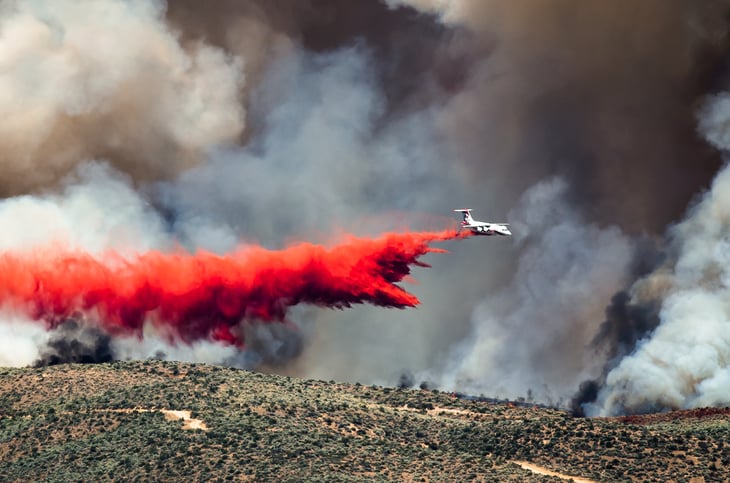
As severe weather events such as floods and wildfires grow more common, it’s all the more important to have an emergency plan in place for evacuating your home.
Advance planning gives you peace of mind. When you’re prepared, you won’t forget to pack essential items, and you can avoid a last-minute dash for the car, unsure whether you have what you need.
These steps will help you prepare for such emergencies.
1. Keep the gas tank filled
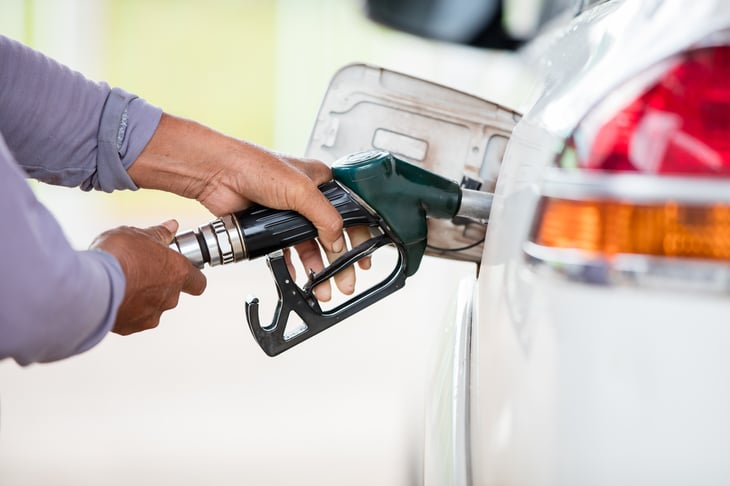
As soon as you learn that your home may be threatened by a natural disaster such as hurricane, flood or fire, take your vehicle to a gas station and fill up the tank.
It’s not a bad idea to keep your tank full throughout your local disaster season, if there is one, to keep from running out of fuel while stalled in traffic during an evacuation.
2. Make a list of things to take

It’s important to identify in advance the things you plan to take when evacuating. This planning allows you to avoid a frantic hunt for photos, documents and keepsakes.
List things in order of importance, noting where they are located. That’ll prevent wasting time searching for them. You’ll be able to quickly grab the essentials when there’s little time to pack.
Make financial plans for an emergency, too. For some ideas and inspiration, read “4 Steps to Prepare for an Income Emergency.”
3. Pack a grab-and-go bag
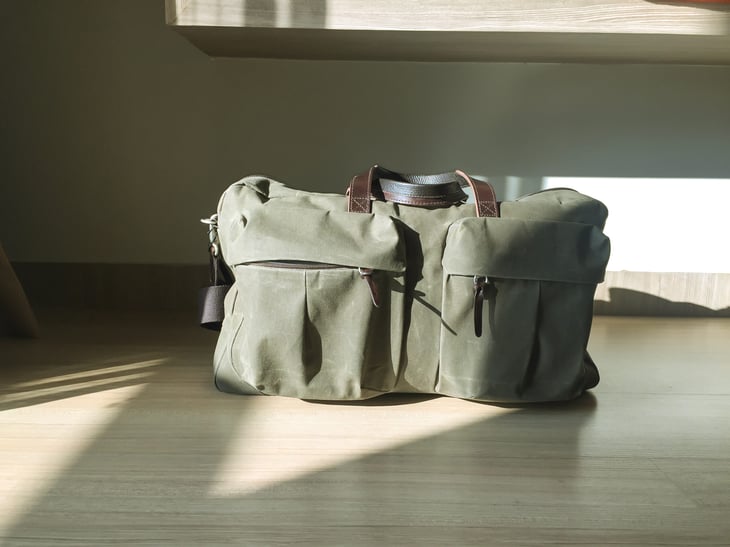
Everyone should have a grab-and-go bag or box ready in case of an emergency. Fill it with the important documents you’ll want to have if you’re evacuated and other things you’ll need if you must leave your home for a while.
Even with no time to pack, you’ll have the critical essentials.
Ready.gov tells what to include in your emergency kit, such as:
- Insurance documents
- Food and water
- Matches in a waterproof container
- Pencil and paper
- Cash or traveler’s checks
If you learn that your home is threatened, immediately throw into the bag any medications you’ll need, spare glasses or contact lenses, and a flashlight with batteries.
While creating your grab-and-go bag, take a moment to read your homeowners insurance policy, so you’ll know what is and is not protected.
4. Have a portable radio
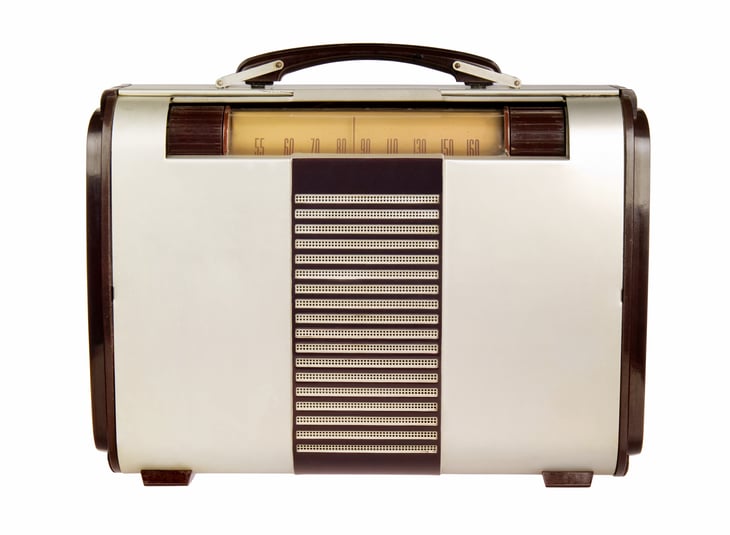
A portable radio with fresh batteries is basic emergency equipment for every home.
If the power goes out, a radio keeps you connected with your local news channel. You’ll learn of important developments, such as route closures and the availability of emergency shelters. A radio that carries National Oceanic and Atmospheric Administration (NOAA) weather alerts will provide updates on natural disasters such as hurricanes and flooding.
While a portable radio is best, you also may be able to use a smartphone to tune into streaming news broadcasts. You’ll also need a portable charger with plenty of storage capacity to keep phones charged during power outages.
5. Line up a place to stay in advance

Don’t wait for an emergency to locate a place to stay in case you’re forced to evacuate.
Right now, ask friends or relatives outside your immediate community if you may stay with them in an emergency. Think of people who live within driving distance but are unlikely to be affected by the flood, fire, power outage or earthquake that could strike you.
Having a place to go when evacuated means you’ll avoid sleeping on a cot in a public shelter. While they provide a great public service, these temporary shelters offer no privacy and few conveniences.
6. Plan for your pets

When you evacuate, you’ll need to bring your pets, too. Make sure to have strong carriers to keep them safe and under control in the car. Have an emergency stock of food, medications and extra water for all animals.
Keep pet supplies in one place, so you know where to find them quickly. Put identification tags with your mobile telephone number on pets’ collars now. Your veterinarian can explain how to have a small chip with your contact information implanted under a dog or cat’s skin. That way, even if an ID tag is lost, you and your pet are more likely to be reunited if separated.
7. Plan how to meet up and stay in touch

Make a plan for reconnecting, in case you need to evacuate at a time when your household members are separated.
In a natural disaster, you may be unable to return home for days, or the dwelling could be destroyed. Having an alternative place to reunite is essential.
Also:
- Keep mobile telephone numbers handy.
- Designate a friend or relative outside your community who will receive and relay messages for you and your loved ones in case you are separated and can’t connect.
8. Prepare a first aid kit
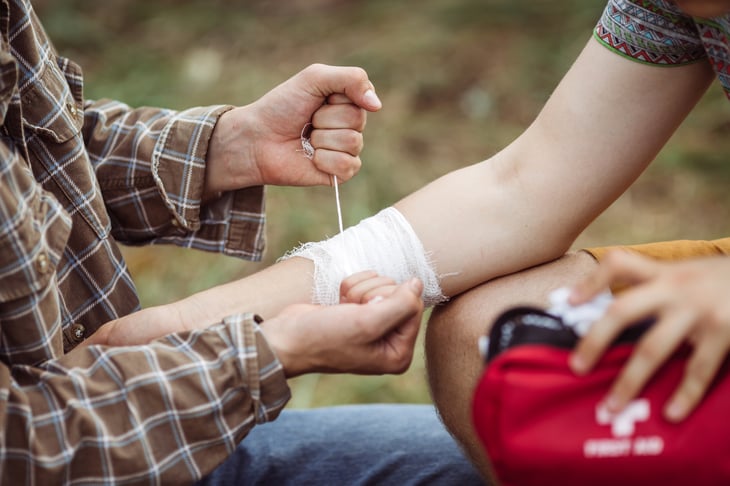
If you’re hurt, you may not be able to get immediate medical care.
A first aid kit prepares you to deal with minor injuries. Familiarize yourself with everything in the kit. If an off-the-shelf kit seems inadequate, build your own.
Avoid the temptation to borrow from the kit in nonemergencies. You don’t want to be without the supplies you need in a real emergency.
9. Don’t forget about your neighbors

Communities handle emergencies better when people work together.
If you watch out for neighbors and they look out for you, no one will be left behind. As you learn of an emergency, reach out to neighbors. If you have a neighborhood organization, such as a homeowners association or Neighborhood Watch group, get a contact list and keep it updated, so you can find neighbors when you need them.
10. Leave promptly
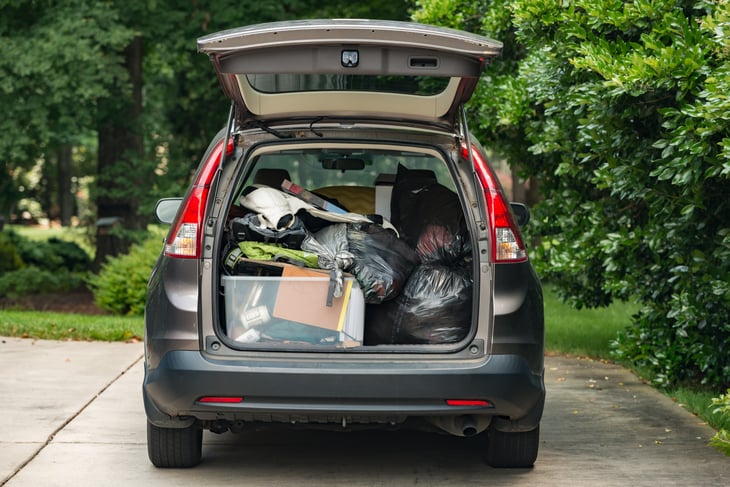
If you feel you are in a threatening situation, don’t wait for word from the authorities to evacuate. Sometimes public safety warnings are too late, or they don’t reach everyone.
Leaving earlier gives you options. Start packing the car as soon as you feel you are in danger. Delaying can mean getting caught in heavy traffic.





Add a Comment
Our Policy: We welcome relevant and respectful comments in order to foster healthy and informative discussions. All other comments may be removed. Comments with links are automatically held for moderation.